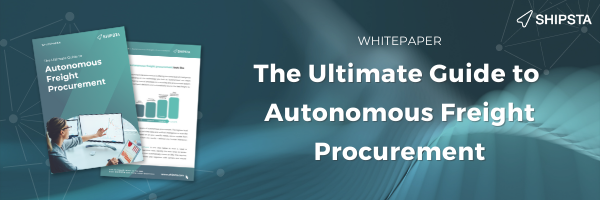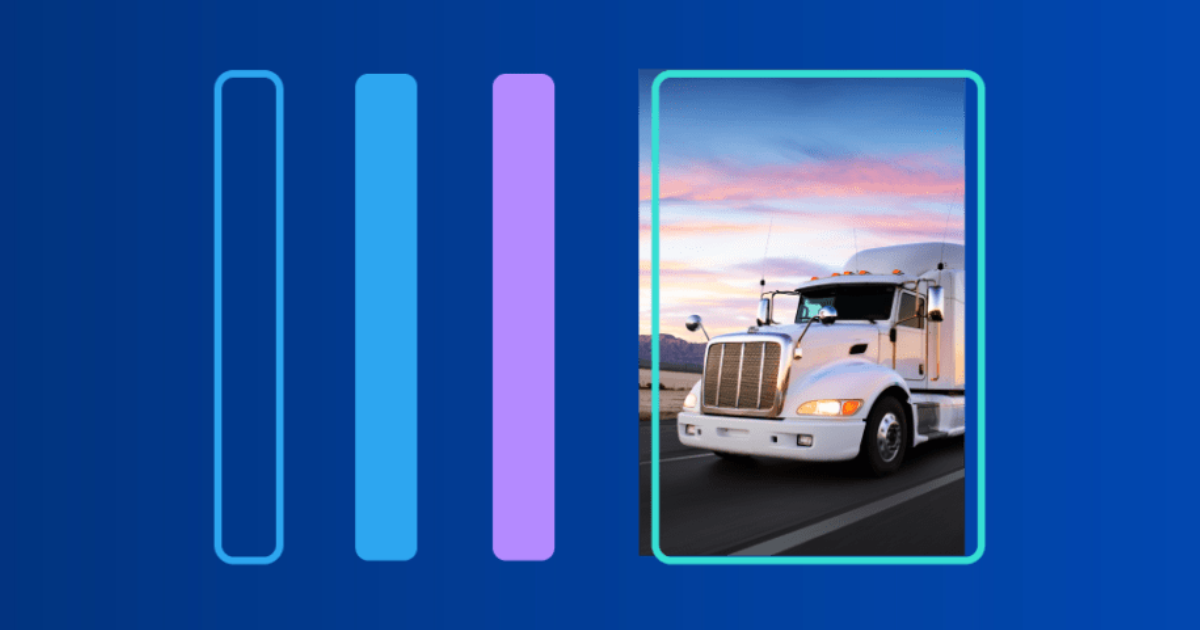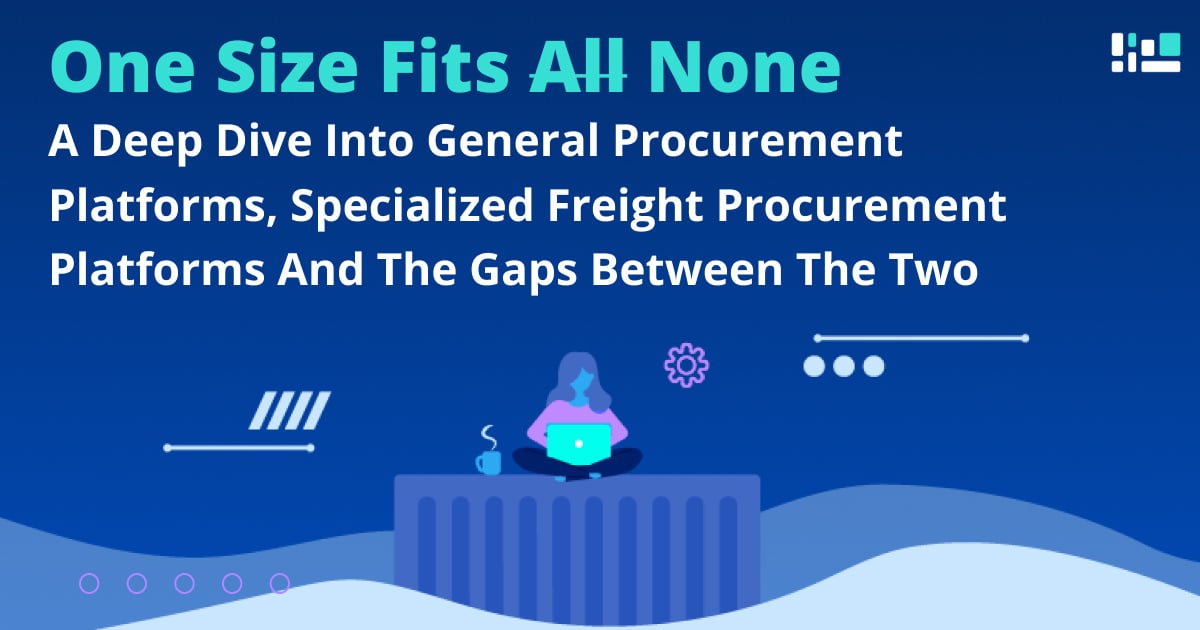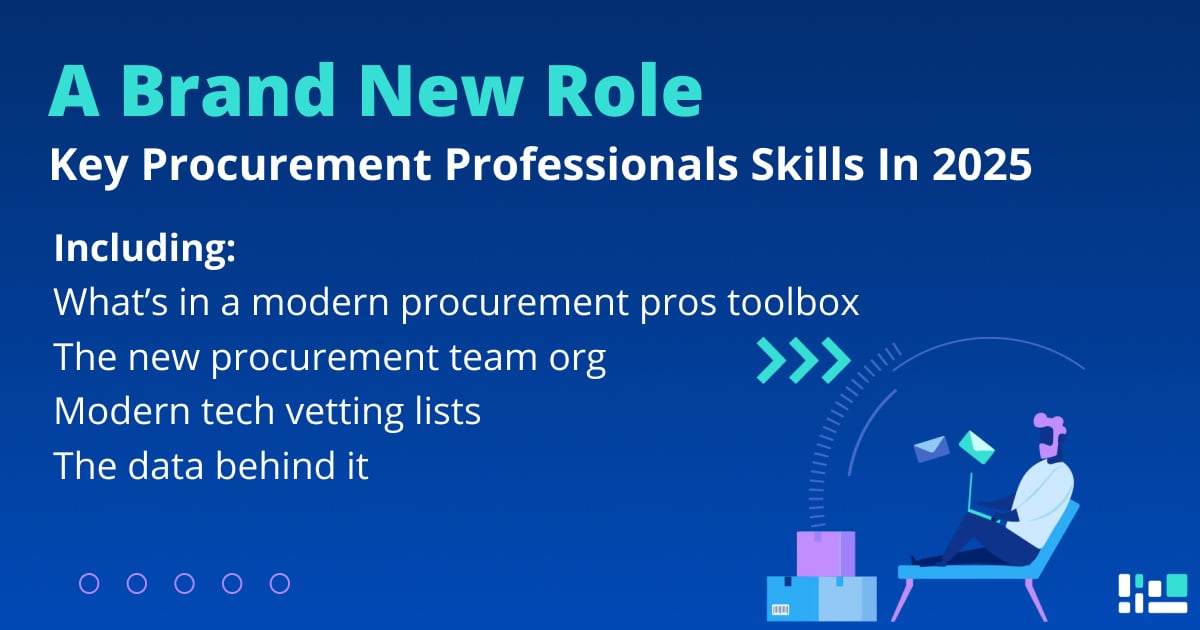Digital freight procurement is the use of digital technologies to rapidly source, compare and analyse bids from carriers. By automating complex tasks and providing greater visibility of data, digital freight procurement helps businesses control freight costs and manage risk in their supply chain.
Why is freight procurement so complex?
Businesses increasingly need to coordinate networks of parts, products, suppliers and distributors all around the globe. Importantly, the complexity of their supply chains is often not linear but increases disproportionately with the number of entities. As a result, businesses are often moving freight across hundreds, or even thousands, of shipping lanes.
Freight also comes with multiple modes, varying capacities, innumerable regulatory requirements and safety issues. Then there are the varying rate structures and surcharges. And in the current climate of uncertainty and disruption, businesses may need to prioritise transit time or capacity over price for the most troublesome shipping lanes.
Why is non-digitised freight procurement so difficult?
While supply chains have become increasingly complex, the freight tendering process has barely changed in two decades. Although freight tendering solutions have emerged, they have historically been clunky products that lacked compelling features and came with significant up front costs that were difficult to justify.
Much of the logistics industry still uses Excel to source, compare and analyse freight rates from carriers. These spreadsheets can have thousands, (or even tens of thousands) of data points so identifying the optimal carrier partners is an enormously time-consuming process that is also susceptible to human error.
Indeed it can take weeks to complete and because it is such an onerous task it is typically only carried out on an annual basis. Market conditions may also render the agreed-upon rates obsolete within a few months. Carriers bid aggressively on freight to maintain asset utilization, knowing they may have to walk away from their contracts when the spot market heats up.
While shippers can try and isolate volatile or problematic lanes and procure freight on those lanes on a more regular basis, this multiplies the administrative work that shippers must do to move freight.
And with data sitting dormant in spreadsheets or residing across multiple systems, businesses lack the visibility they need to make critical decisions. This makes it difficult for logistics teams to respond quickly to volatility and manage risk, but also makes it that much harder for them to optimise their supply chains.
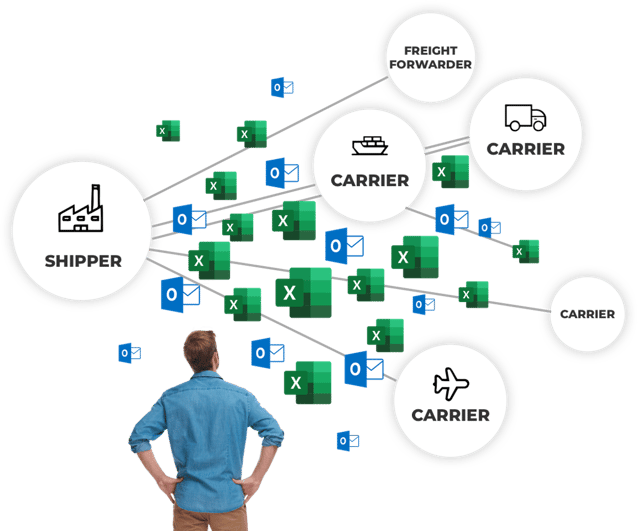
What is digital freight procurement and how is it changing logistics?
Thankfully a new breed of more specialized software solutions have emerged to address these inefficiencies and give businesses greater agility. These solutions are designed to help businesses navigate the complexities of freight procurement, replacing the most time-consuming tasks with automated digital processes.
SHIPSTA’s intuitive platform allows procurement managers to create RFQs with a few simple clicks. And its customisable algorithm can instantly analyse tenders from hundreds of carriers and identify the optimal carrier partners according to the specific needs of each shipper. By eliminating the administrative burden of freight tendering, it gives businesses the flexibility to expand their carrier networks and perform more regular freight tenders so they can control freight costs and better manage risk in their supply chain.
The most advanced solutions also integrate these digital processes with a centralised view of data to improve decision-making. SHIPSTA’s platform provides data-driven insights into the most important supply lanes, carriers and regions. It also integrates long-term contracts and short-term spot orders for air, sea and road freight - so businesses can easily track fluctuations in freight rates, optimise procurement and improve forecasting abilities.
Importantly, this new generation of software solutions is delivered over the internet on a monthly subscription basis. As well as eliminating any large upfront costs, these solutions are quick and easy to deploy and require no maintenance (upgrades are managed centrally by the software provider).
Digital transformation of freight procurement accelerating
For many, the crisis has exposed fragilities and inefficiencies in the supply chain. There is now growing consensus that supply chains need to be more flexible so businesses are better able to navigate disruption and technology has a huge role to play. Digital transformation of freight procurement is now accelerating as businesses seek more agile processes but also smarter decision-making, greater chain transparency, improved visibility across operations and better business insights.
The next big step in digital freight procurement is fully autonomous technology - we're already partway there! Read the whitepaper below to learn everything you need to know about this future-ready tech.
About SHIPSTA
SHIPSTA powers smart logistics procurement with a digital platform that connects shippers and carriers to ensure a frictionless procurement process for spot and contract buying, entirely online. It automates complex tasks, provides unrivalled visibility and supports fast data-driven decision-making. Designed and built by experts in logistics procurement, it is bringing transparency, automation and efficiency to the global logistics industry. It is used by some of the world’s largest companies to respond to market volatility, control freight costs and manage risk. The company was founded in 2015 and is based in Mertert, Luxembourg and Hamburg, Germany.
